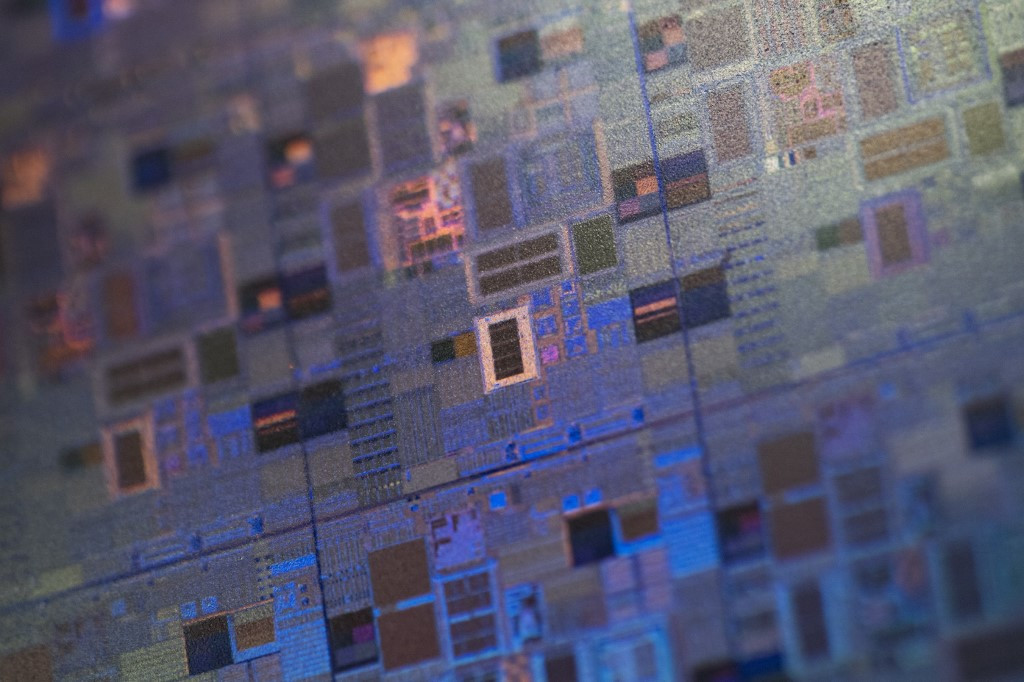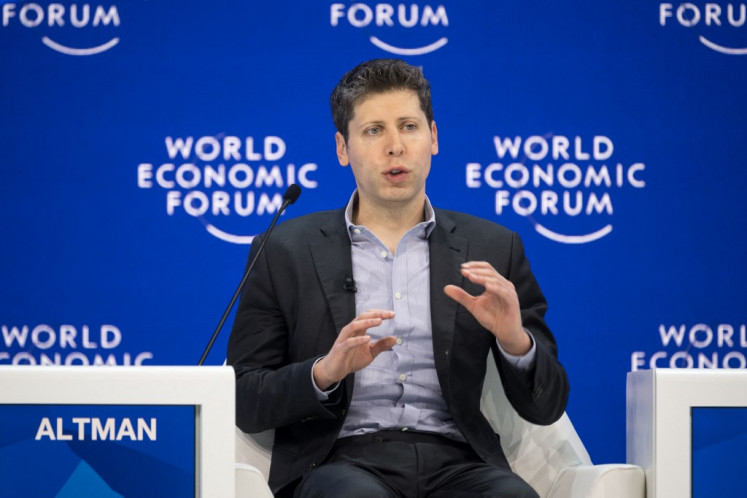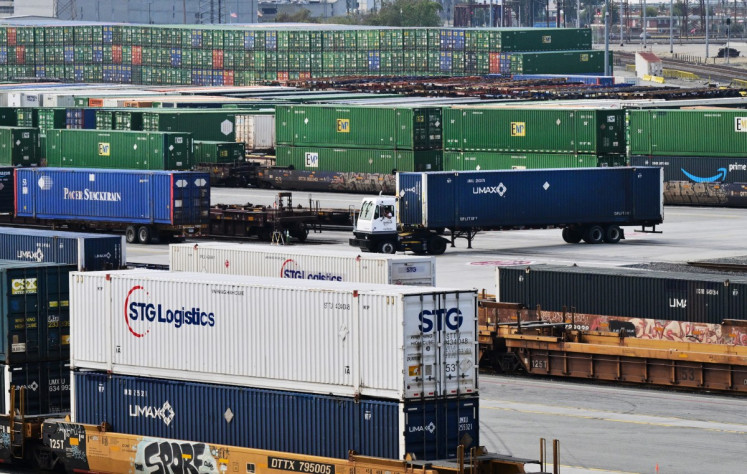Popular Reads
Top Results
Can't find what you're looking for?
View all search resultsPopular Reads
Top Results
Can't find what you're looking for?
View all search resultsNexperia: the 'salt and pepper' of chips
Change text size
Gift Premium Articles
to Anyone
T
he Dutch government has invoked a Cold war-era law to effectively seize control of Nexperia, a Chinese-owned chipmaker based in the Netherlands.
The extraordinary move has sparked consternation in Beijing and raised questions about ownership in the geopolitically sensitive semiconductor sector.
AFP looks at some of the key questions surrounding the company and the Dutch actions.
- What is Nexperia and what does it make? -
Nexperia is a chipmaker based in the Dutch city of Nijmegen near the German border. It says its chips power "virtually every electronic design worldwide."
The chips are mainly found in cars, but also industrial components, as well as consumer and mobile electronics like refrigerators.
Dutch daily AD described what they make as the "salt and pepper" of chips, small devices that make everything else work.
Once part of Dutch electronics giant Philips, it was acquired in 2018 by Chinese firm Wingtech Technology.
Nexperia has 12,500 staff and offices in cities worldwide, including Tokyo, Detroit, Paris, New Delhi, and Singapore.
It is not the first time Nexperia has found itself in the crosshairs of Western regulators.
In 2022, Britain effectively blocked Nexperia from taking over its top semiconductor maker, Newport Wafer Fab, after a "detailed national security assessment."
In December, the US put parent company Wingtech on an "entity list", viewed as acting contrary to the national security of the United States.
- What is the law the Dutch used? -
The Dutch government invoked the "Wet beschikbaarheid goederen" (Goods Availability Law).
According to the Dutch authorities, the 1952 law ensures "the availability of goods in the event of war, risk of war, or related or exceptional circumstances."
Conceived at the height of the Cold War amid fears of nuclear conflict, it has never before been used.
In its statement, the Dutch government said its use was "highly exceptional", adding it is invoked "only if there really is no other option."
The law does not change the company's regular operations, but enables the government to "stop" or "reverse" decisions if it feels the "crucial value chain" is threatened.
It is designed to ensure goods and products made by the firm are still available even in an emergency.
- Why did the Dutch invoke it? -
The official reason was "recent and acute signals of serious administrative shortcomings and actions at Nexperia."
Neither the firm nor the economy ministry provided further details to the statement published around 9:30pm on a Sunday night.
The NRC Handelsblad daily cited company insiders as saying there were concerns over CEO Zhang Xuezheng, also the man behind Wingtech.
Zhang also runs other Chinese companies, creating a possible conflict of interest and the risk of key technology being leaked, NRC cited these sources as saying.
Dutch Economy Minister Vincent Karremans told public broadcaster NOS: "I recently received serious and urgent signals that the company has major shortcomings that could jeopardise security of supply."
"This would have major consequences for the European and Dutch economies."
- What was the reaction? -
Wingtech shares plunged on the Shanghai stock exchange. The firm itself said it would consult government officials in Beijing.
In a filing published on the Shanghai stock exchange, the company said it was also discussing legal remedies with international lawyers.
The Dutch statement noted parties could object to the decision in court.
Beijing's foreign ministry spokesman Lin Jian urged "relevant countries" to "earnestly adhere to market principles and refrain from politicising economic and trade issues".
Stephen Innes, analyst at SPI Asset Management, described the move as "something straight from a 21st-century spy thriller."
"It's a bold act of economic self-defense -- and a reminder that sovereignty in the modern world isn't measured by armies or flags but by access to silicon," said Innes in a note.
- What are the broader implications? -
Semiconductors have become a key battleground between China and the West.
The US and the Netherlands have restricted the export of advanced chip-making equipment to China, fearing Beijing will use them to make cutting-edge weapons.
The spotlight in the Netherlands is usually on ASML, a global leader in machines that make the most high-tech semiconductors.
But, as NRC Handelsblad noted: "This time, it's not about ASML's multi-million-dollar machines, but about Nexperia's cheap, simple transistors."
Maaike Okano-Heijmans, tech expert at the Clingendael Institute in the Hague, told AFP: "The Netherlands is increasingly getting sucked into the geopolitical battle between the US and China."











